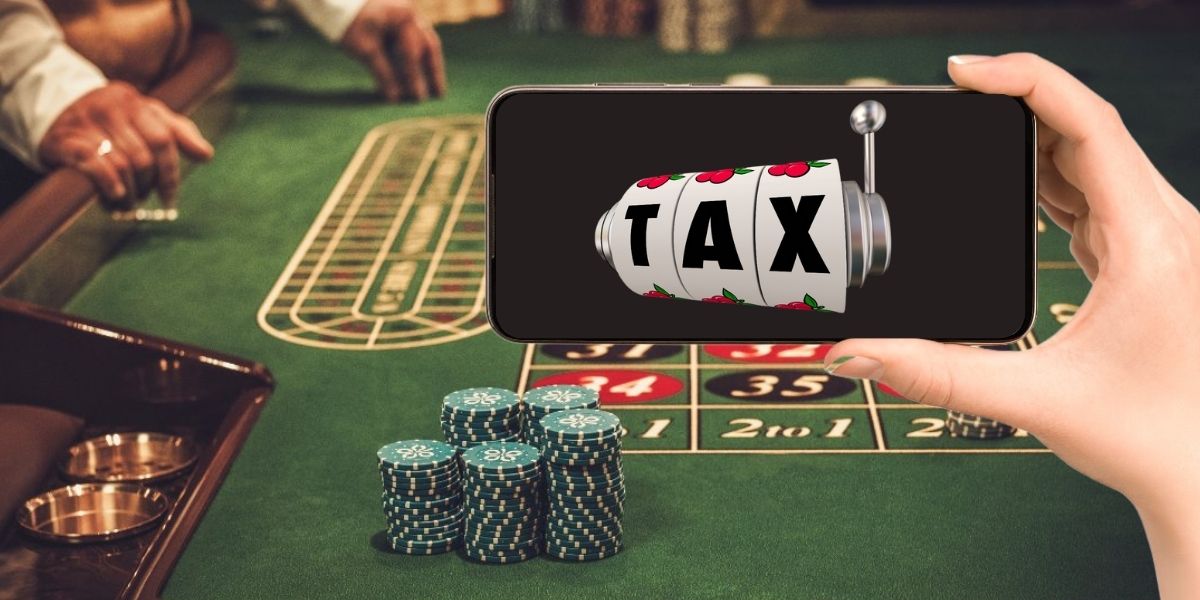
Taxing gambling is generally seen as a positive from an economic and moral perspective. High taxes on earnings can provide a huge amount of extra revenue for the government, which they ideally reinvest in other, more essential areas, like infrastructure or education. The moral argument is that it can discourage wannabe gambling stars from potentially wasting all their money.
But if you want to avoid places where most of your earnings would go to other hands or are simply curious about what countries have the highest gambling taxation, you might want a comprehensive list of these nations. As luck has it, you came to the right place!
In this article, we collect and showcase the top 8 countries with the highest gambling tax worldwide and briefly touch upon the reasons behind it.
Australian gambling tax varies by state, which is a trend showcased in many countries, such as the United States. The calculation also changes in each state. For example, Western Australia’s government calculates the taxation via a complex formula of taking 15% of the taxable betting revenue minus the threshold amount of $150,000. However, you might have to say farewell to 65% of your earnings in other states. The states with the highest gambling taxation are Victoria, South Australia, and Western Australia.
Austria, as we’ll later see, is an interesting case in the sense that it calculates the taxation rate based on whether the earnings were made online or in-person gambling. While this is not that strange in and of itself, Austria demands higher taxation in online form. Playing in casinos operating on the internet will take away 40% of your GGR, a.k.a Gross Gaming Revenue. Land-based Austrian casinos, on the other hand, have a tax rate of 30% on the same figure. There is a different calculation for slot machines, however, as the taxation on winnings made by those is 30% of Net Gaming Revenue.
In the UK, gambling taxation hugely depends on GGR. This figure is essentially the total winnings minus the wagered amount of money. As of April 2022, earning £2.686.000 means the taxation on it will be 15%, with up to 50% of your earnings being deducted if you earn more than £14.626.000. There are also other taxes for different types of games of chance and casino activities. For example, 12% of your lottery ticket earnings are payable.
Poland calculates its gambling taxes differently depending on the type of game of chance. As such, you may get away with only 10% of your earnings being deducted if you win a raffle lottery or bingo game, but you have to give up 25% of all your winnings you made in a poker tournament game. The highest taxation, however, is 50%, with the following activities falling under this bracket:
Similarly to Poland, Denmark also determines taxation based on the game via which the earnings were made. For example, as of 2021, the sports betting earning taxation rate is at 20% of total GGR. However, that is not nearly the highest rate in the country. While winnings on online casinos also demand a 20% tax, earnings made in land-based casinos are taxed at least 45%. The gambling taxation rate at these places can get as high as 75%.
The small principality of Luxembourg follows a similar trend as the other European Union member countries on this list, basing its gambling taxation rate on the particular game being played. Sports betting and lotteries will only make you part ways with 15% of your earnings. On the other hand, you might get a better deal in land-based casinos. The minimum taxation rate on winnings made there is 10%. However, depending on the game of your choice, you might need to part ways with up to 80% of your earnings. This is the maximum rate of taxation on any gambling activity in Luxembourg.
Gambling taxation in France is a complicated process with many figures based on different factors, such as the nature of the game or where the winnings were made. As of 2020, online earnings made from racing betting and sports betting are taxed at the rate of 37.7% and 55.2% of the GGR respectively. Land-based casinos can offer a better rate at 44.5% of GGR taxation, but you may not see up to 83.5% of your Gross Gaming Income, depending on the earnings made and the game played.
And finally, the country with the highest gambling tax in the world. Germany may have some of the tamer rates we have seen on the list, with a 5.3% tax on sports and horse race betting. However, this figure goes really out of hand once we arrive at a land-based casino. Games and machines only demand 16% of your GGR to be taxed, but in other cases, you may have to say goodbye to up to 90% of your Gross Gaming Revenue. This figure may change from private casino to private casino, but in any case, if you want to make some money on a night out with a game of cards, you might want to steer clear of Germany.
High gambling taxes are issued for two main reasons: economic and moral. Tax revenue made from this sector can boost a country’s economy and can have a positive and progressive effect on other, more essential sectors, such as infrastructure, healthcare, and schooling. The high tax rate can also make gambling seem unappealing and dissuade people from these kinds of activities. This, in turn, results in a smaller rate of the population developing gambling addiction and can instill healthy financial habits.
So there you have it! The highest gambling taxes around the world and places you may want to stay away from if you want to bet. Remember, always play games of chances responsibly and with a sober mind, regardless of gambling tax.